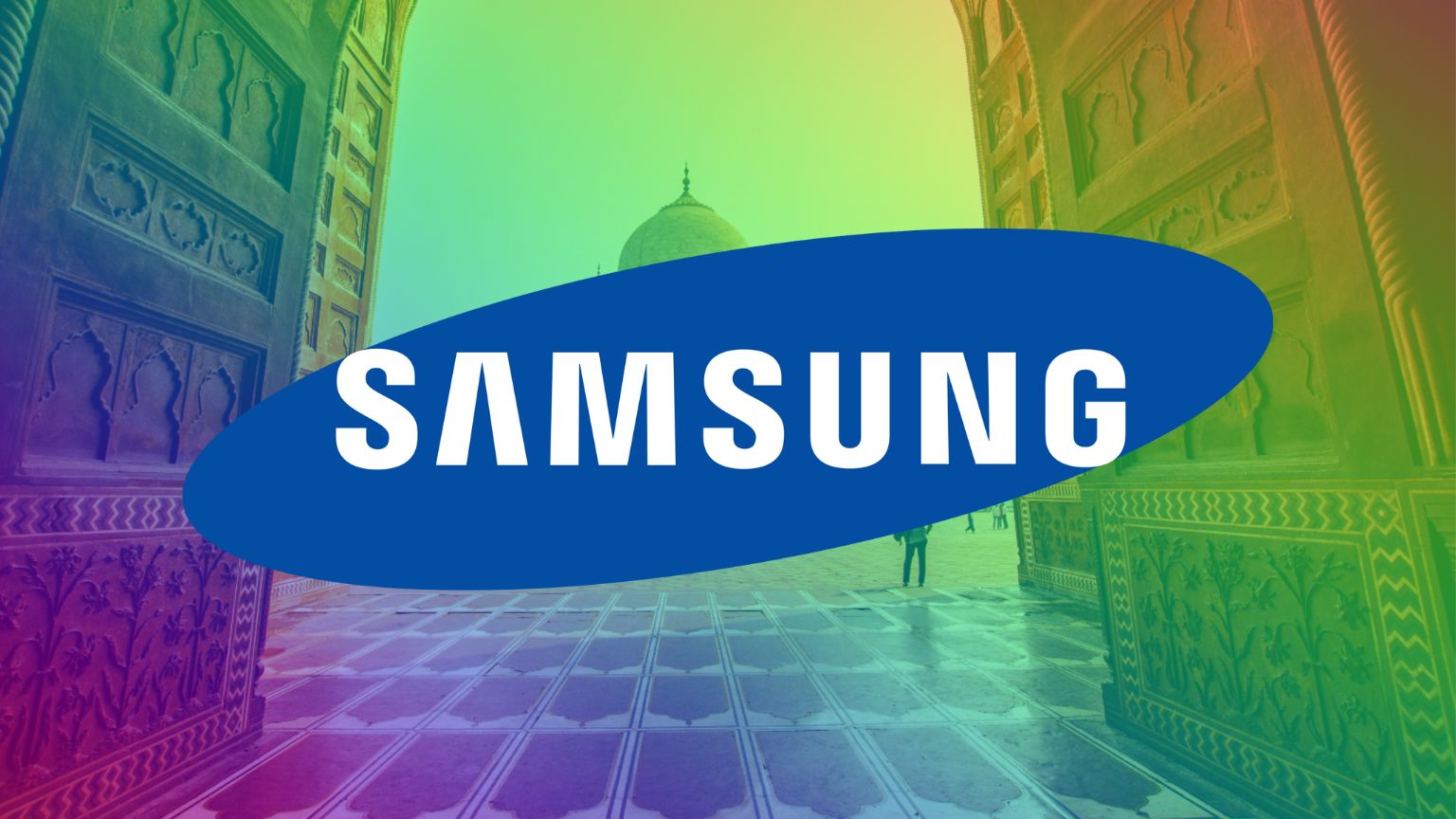by Ken Macon, Reclaim The Net:
 Normalizing state digital ID.
Normalizing state digital ID.
In its bid to align with the Indian Government’s push for digitalization, Samsung is stepping up with technology enhancements for its Galaxy smartphone users, which brings with it an array of concerns over privacy and surveillance. This move, reported by The Times of India (TOI), now allows Galaxy phone users in India to access various digital credentials, including their Aadhaar digital ID and PAN cards, through the revised Samsung Wallet.
TRUTH LIVES on at https://sgtreport.tv/
The Samsung Wallet update purports to eliminate the need for physical documents. Certificates such as driver’s licenses, CoWIN vaccination proof, and more can now be stored directly on Galaxy smartphones. While touted as a convenience, it also makes these devices a treasure trove of personal data and much easier for states to further checkpoint societies. The update also ties Samsung Pay services closely with the Samsung Wallet.
Moreover, the updated wallet attempts to revolutionize transactions by simplifying payment procedures via Samsung Pay. This also implies that a large chunk of users’ financial behavior will be channeled through one platform, raising further privacy issues.
This consolidation of data also extends to various mobile applications, as users can access them using the Samsung Pass and biometric verification.
Features like FASTag electronic toll collection recharge, flight boarding pass storage, and train ticket booking are also integrated into the Samsung Wallet. While this may make travel more convenient, it further expands the range of personal data stored and potentially tracked on users’ devices.
While Samsung Wallet promises to provide access to over 2,000 different services, the implications for privacy and data misuse are disconcerting. This digital wallet holds everything from UPI, bill payments, various IDs, to travel documents, creating a comprehensive profile of a person’s life within one application.
Samsung does claim that user data stored in the wallet is secure, thanks to Samsung Knox’s protective layer that uses biometric technology. However, the move towards digital ID and centralization of data raises multiple privacy implications itself.
Samsung’s latest move presents itself as a step forward in supporting India’s digital journey, but it’s important to critically consider the implications for privacy and data security. The potential for surveillance and data misuse is ever-present in this era of digital identities and wallets.



